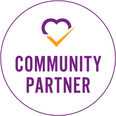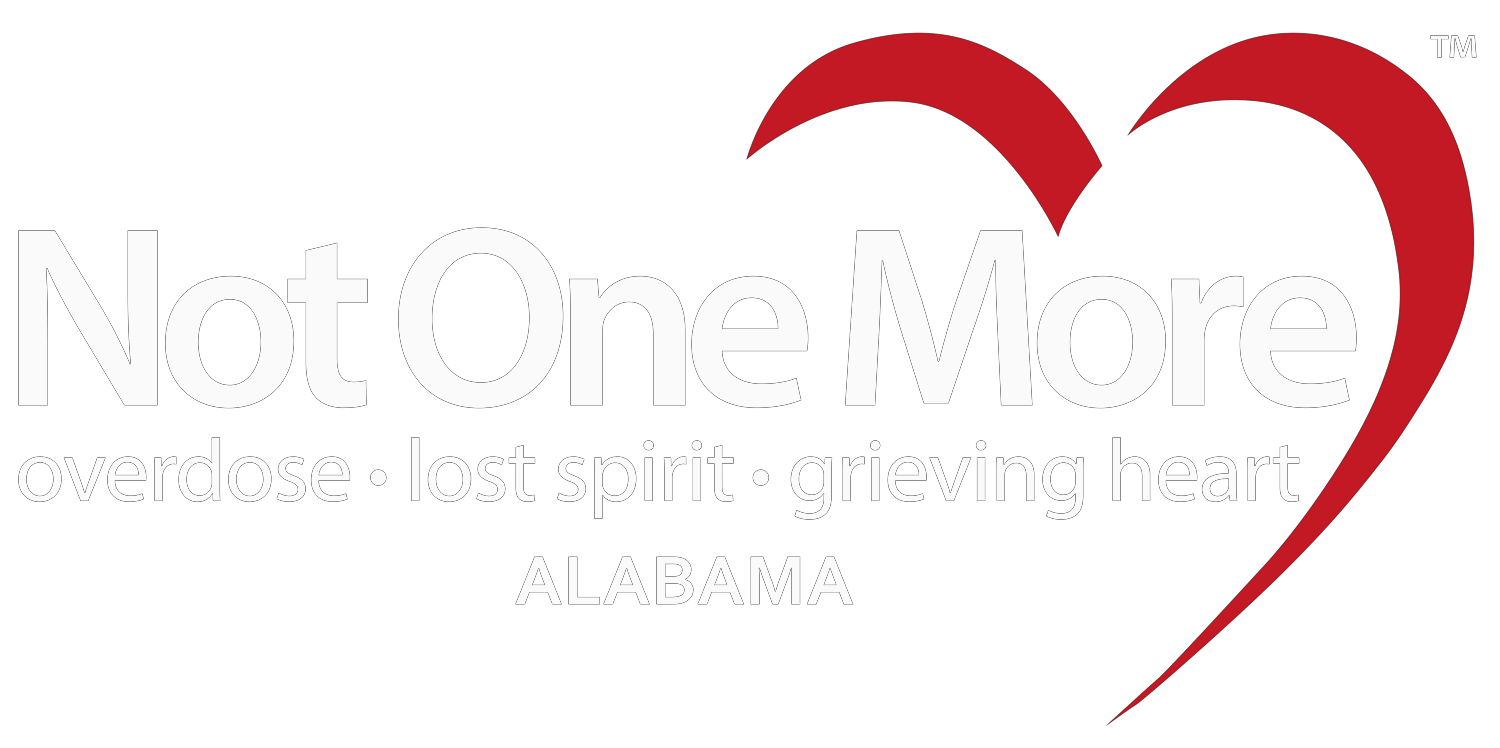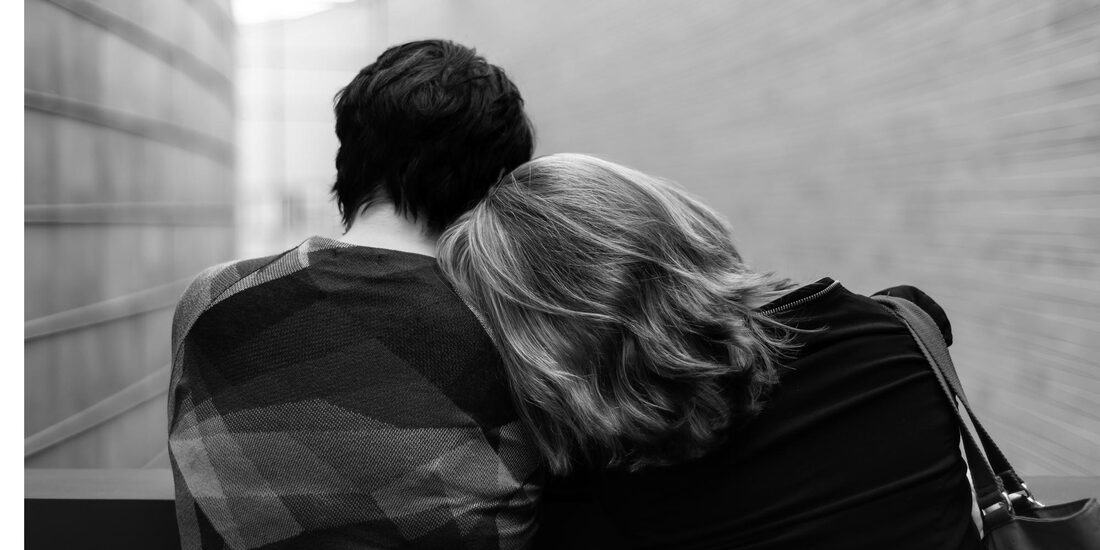|
About a week or so ago, I picked up on something while talking to my son over the phone. His words were a little too clipped when he described the bad dream that he had the night before. He has been plagued with nightmares since childhood. He woke up that particular morning and thought he was in his old bedroom – the one where he spent countless nights wrestling with a real monster: addiction.
He said he didn’t want to get rid of the furniture without talking to me, since I had given it to him a few weeks ago. But the feeling he had that morning was one that he didn't think he could shake. You see, about two weeks before that day, my son returned home in a U-Haul truck and loaded his bedroom suite, some dishes and kitchen accessories, tables and chairs – items I had saved for him over the years. He pulled away that day to move into his first apartment. It was a day that we had looked forward to for many, many years. I actually took a video of him driving away. He honked the horn as he drove down our street. My husband and I watched proudly from our driveway and laughed at his gesture. It was a big deal. My son has been in and out of recovery for more than a decade. He just celebrated his one-year sobriety date and collected his one-year chip. THAT was a big deal. But I really couldn’t fully enjoy the occasion because my son has a long history of sabotaging momentous events. His fear of failure has led him to take control of his destiny, and well, fail on his own terms. It doesn’t make sense to someone who hasn’t loved someone struggling with anxiety, depression and a substance use disorder. I am immensely proud of the hard work that he has done to fight this monster. If available, I would display a bumper sticker on my car that read: "MY son just finished a year in recovery." He has worked toward this one-year mark for more than a decade. So, I tried my best to push down my building anxiety and enjoy the moment. Because this time was different.
0 Comments
Fears that social isolation could cause former addicts to relapse - while soaring unemployment and anxiety is creating a 'perfect storm' for alcohol and drug abuse
By ANNIBEL GROSSMAN FOR DAILYMAIL.COM APRIL 13, 2020 Click here to read article on the DAILYMAIL website Devan Markiewicz was approaching her third year of sobriety when lockdown was announced in the small commuter town of East Norwalk, Connecticut, where she lives with her boyfriend. Like many other former drug and alcohol addicts in recovery, Devan was suddenly faced with losing the community and coping mechanisms that she relied on to stay sober. Having built up a regular schedule of face-to-face Alcoholics Anonymous meetings, Devan describes her fear that social distancing would take her back to the isolation that she felt when she was abusing alcohol and drugs. She tells DailyMail.com: 'Isolation is where my disease [of addiction] took me. Now it's like here we are again.'
Devan, 34, explains that people who are successful in beating addiction are those who stay connected. She adds: 'We like our routines, we like seeing people and we like a schedule because it keeps us safe. And so when you take this mandatory stay-at-home order you're literally creating a hot bed for this disease. 'You're isolated again, you're alone and and you feel like no one's going to know [if you drink].' Devan believes she has reached a stage when she can use the online tools available to maintain her sobriety and not face relapse, but she fears that others in the early stages of recovery might struggle. She says: 'I definitely think that this could push people over the edge. This disease is powerful. It's not extreme to say that it wants the person dead.' The Substance Abuse and Mental Health Services Administration (SAMHSA) revealed that it does expect to see a rise in substance misuse as a direct result of COVID 19. A SAMHSA spokesperson told DailyMail.com: 'The rises in anxiety and depressed being anticipated are also accompanied by an expected increase in substance misuse as people cope with loneliness, isolation and potential unemployment.' Samantha Arsenault, VP of National Treatment Quality Initiatives at national non-profit Shatterproof, explained how being isolated can affect a person struggling with addiction. She said: 'Having strong coping mechanisms and a sense of community is a protective factor against addiction. When that's challenged for people either in active addiction or the early stages of recovery - or even long-term recovery - it's going to increase the risk of relapse.' Dr Fred Muench, president of Center for Addiction, explained how this is a particularly delate situation for those in short-term recovery. 4/2/2020 4 Comments Relapse JustificationBy Jack Sykstus, LMFTUsing substances is very common. Our society is built on consumption. The amount of people I meet daily that want to change their relationship with alcohol, marijuana, or any form of consumption is significant. The problem doesn’t lie in desire. I wanted to go multiple days sober, engaging in my college classes, and make my parents proud. The problem lies in behavior change. How do I take my desires, good and bad, and turn them into a new, long term sustained behavior change? As a counselor, one of the most arduous requests I make to my clients is behavior change. It takes courage, bravery, and consistency to make a change in behavior and one of those many bumps in the road is relapse justification. Relapse justification is simple in theory. I am living a meaningful engaged life, and all of a sudden I have a simple, innocent thought: “oxycontin would be great right now.” Now my mind is moving a million miles per hour. “Well I don’t have money, well I do, but I won’t have enough for gas to get it, well I do have some weed I can sell, BUT WAIT, your parents will be mad, your fiancé would be devastated, you might lose your job due to this coronavirus BS, ahhh but a 30 mg blue roxy would be so refreshing and nice, and I mean I can figure all this out after I get it, we are quarantined because of Coronavirus so I am relaxing anyway, no one will know, honestly the past three weeks have been super stressful and I deserve to relax, can I hide it from the people I love, will one pill really set me back, I might not find enough to get addicted during coronavirus.” All of these thoughts happen in about a five-second period, then my brain selects just a few of those thoughts: It REALLY has been a stressful few weeks, aaanndd my parents drink alcohol, my brothers drink alcohol, what’s so different about me using an opiate? I am going to be sitting at home for days on end with nothing to do anyway. This process does not negate that I want my family to be proud of me, but my brain has now filtered out all the other noise and focused on two things, my stress over the past three weeks and how to cope with it. I just justified my relapse. With COVID-19, it has been a stressful few weeks, and our brains want us to relax and soothe which prompts us to change our behaviors! One strategy to combat relapse justification is called delaying the process. For example, I have been on a diet for a long time and I LOVE Wendy’s. I mean it is so good. My brain might say, “Jack, go get a Wendy’s burger, that is the dopest burger around.” I might get really excited and start feeling euphoric and thinking back to all the beautiful Wendy’s burgers I have had and I say YES, I will get one tomorrow. This strategy of delaying the process can help slow down the escalation of thoughts and allow the initial emotional surge to pass. Delaying is just one strategy to navigate relapse justification. Other strategies might include:
These are just a few strategies that can be used during these times. Reach out to local resources and support groups such as Not One More Alabama (NOMA) to identify other strategies and ways to get learn more strategies and ways to navigate substance use. This is a tough time in the world. Use your voice, share your concerns, and be kind to yourself, and to each other. |
Not One More - AlabamaA group of people damaged but not destroyed by addiction. We are fighting this battle together. Archives
September 2021
Categories |
Email Us at [email protected]
Or leave a message at: 256-384-5055

Not One More Alabama is proud to be a Community Partner with The Partnership to End Addiction , an organization that provides personalized support and resources to families impacted by addiction, while mobilizing policymakers, researchers and health care professionals to more effectively address addiction systemically on a national scale.
Not One More Alabama is a not-for-profit 501(c)(3) organization. Donations may be tax-deductible.
Our federal tax ID number is 61-1807663




 RSS Feed
RSS Feed
